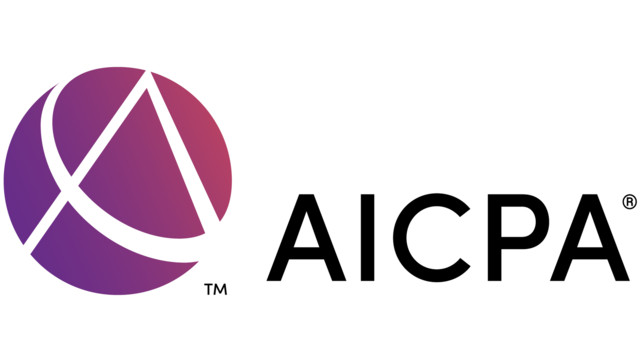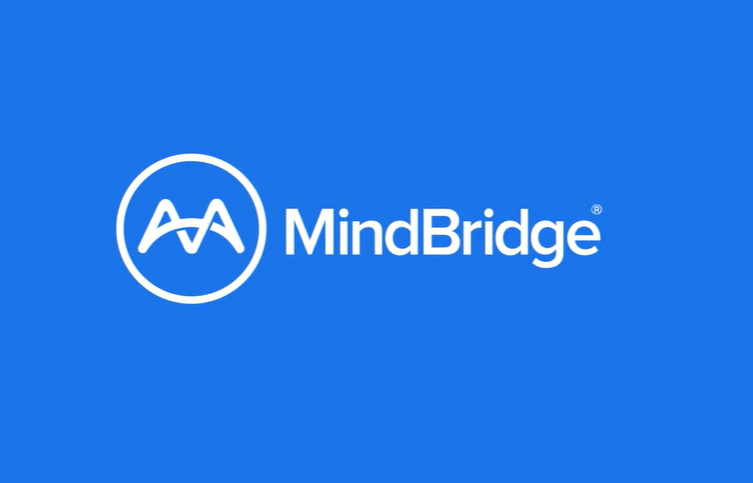The American Institute of CPAs (AICPA) has added 13 questions and answers to its Practice Aid, Accounting for and Auditing of Digital Assets. The nonauthoritative guidance focuses on how investment companies and broker dealers should account for digital assets, in addition to providing answers on topics such as fair value and stablecoins. It’s based on professional literature and experience from members of the AICPA Digital Assets Working Group and AICPA staff.
“We considered many questions from leading practitioners and boiled it down to this document,” said Diana Krupica, CPA, AICPA Lead Manager, Emerging Assurance Technologies, Assurance and Advisory Innovation. “We hope this new set of Q&As go a long way in providing support and guidance to financial statement preparers operating in the digital assets space.”
The new guidance is conveniently divided into the following five key areas:
- Meeting the Definition of an Investment Company when Engaging in Digital Asset Activities
- Accounting by an Investment Company for Digital Assets it Holds as an Investment
- Recognition, Measurement, and Presentation of Digital Assets Specific to Broker-Dealers
- Considerations for Crypto Assets that Require Fair Value Measurement
- Accounting for Stablecoin Holdings
Each area tackles the most pressing questions from practitioners, with questions like:
- How should an entity that qualifies as an investment company under FASB ASC 946, Financial Services—Investment Companies, account for investments in digital assets?
The Practice Aid was originally issued in 2019 and updated in 2020, to provide nonauthoritative guidance on how to account for and audit digital assets under U.S. generally accepted accounting principles (GAAP) for nongovernmental entities and generally accepted auditing standards (GAAS), respectively.
Digital assets are defined broadly as digital records, made using cryptography for verification and security purposes, on a distributed ledger. Although all industries encounter change, the digital asset ecosystem is evolving rapidly.
“We are confident that this updated Practice Aid will address some of the questions that have arisen in the digital assets space,” said Matthew Schell, CPA, CFA, Partner, Crowe LLP, AICPA Digital Assets Working Group Co-Chair. “The Digital Assets Working Group will continue to provide needed guidance and support in this important evolving space.”
Thanks for reading CPA Practice Advisor!
Subscribe Already registered? Log In
Need more information? Read the FAQs
Tags: Digital Currency




